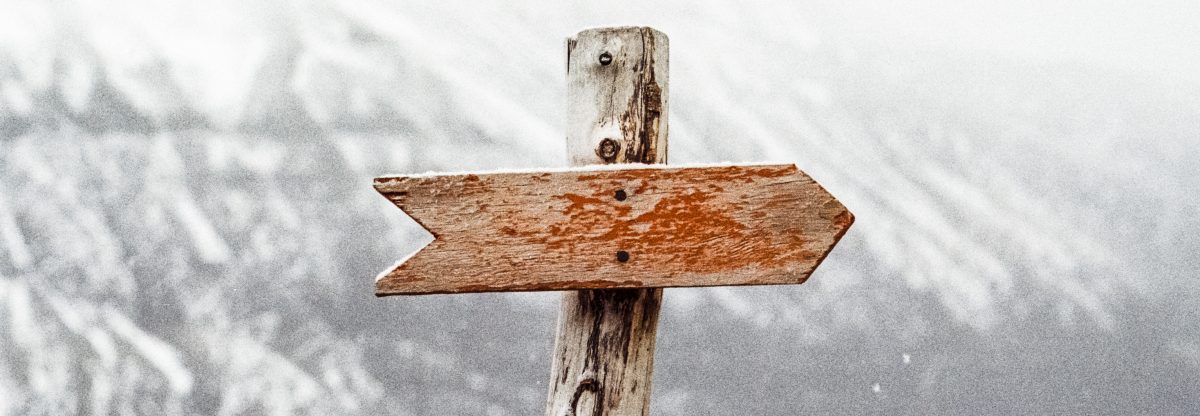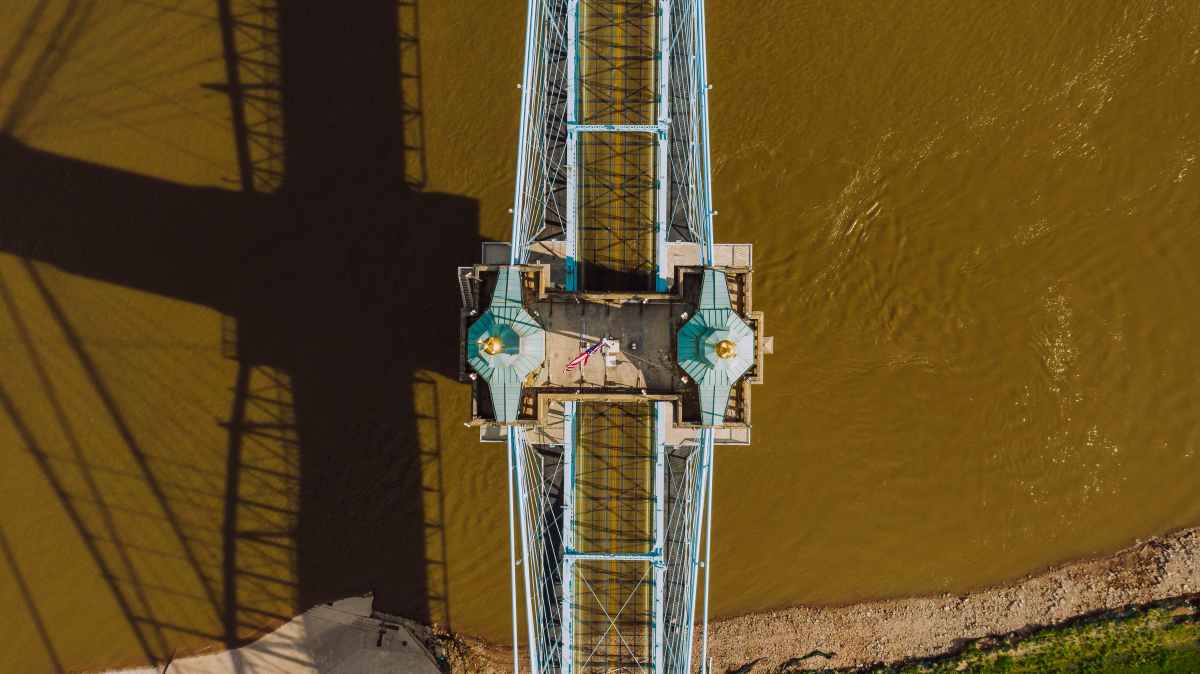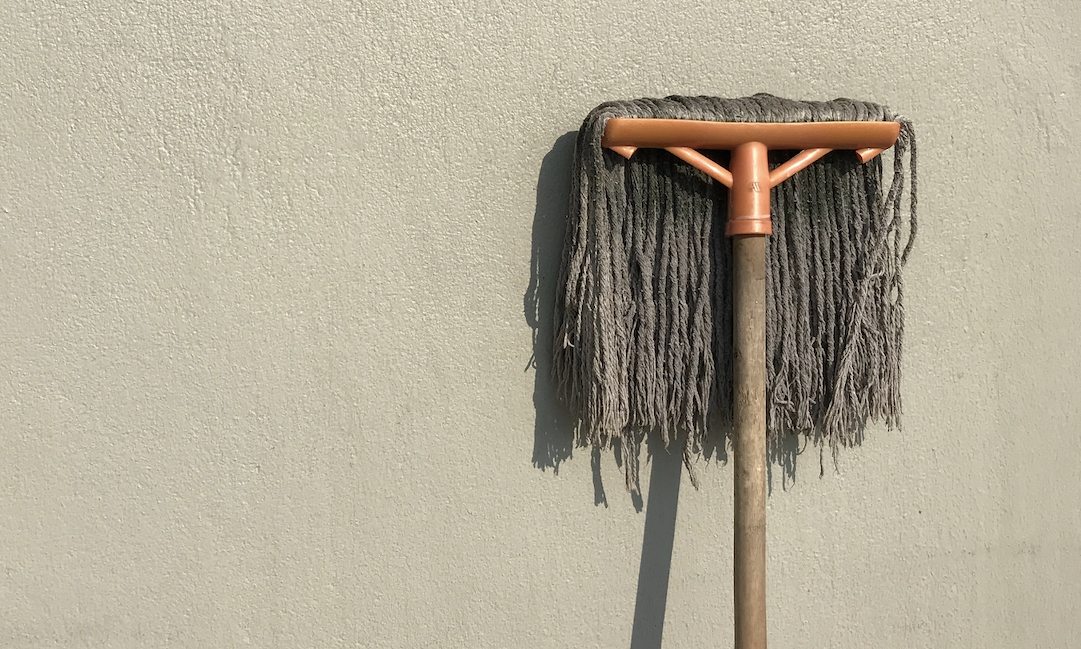I preached this sermon on Sunday, January 28, 2024, the date of the annual parish meeting at St. Anne Episcopal Church, West Chester, OH. The lectionary text cited is Mark 1:21-28.
It’s somewhat customary, when preaching on the Sunday of a parish’s annual meeting, to focus on the state of things in our faith community and to explore what it looks like to follow Jesus in this place. And I will get to that, but first, of course: a little story.
Last September, on my 40th birthday, Matt and I took a drive out from Cincinnati and along the Ohio River, first down the Kentucky side and then crossing the river by boat on one of the region’s last remaining car ferries, and then down the Ohio side of the river and eventually back up again. Surely many of you have made this trip. And if you have, you know it’s a meandering journey through a number of river towns, some of decent size, some no more than a cluster of quietly deteriorating houses.
But what you notice in all of these places, no matter their size or condition, is that the river always looms large, just at the edge of vision and consciousness. Even if the broad water is hidden by trees or the swell of a hill, you know it is there, flowing swiftly, quietly, with determination, and the towns along its edge have conformed to the river’s temperament; they have been indelibly formed by its moods and its movement.
I later read a book by a local author reflecting on the history of these river towns, the ones large and small, and he noted that, because there is both great opportunity and great risk in choosing to dwell at the river’s edge, people must learn to coexist with its power rather than trying to control it.
Because when you live alongside a mighty force like the Ohio, it provides both sustenance and danger; it offers both a point of connection with the rest of the world and an ever-present possibility of inundating you. To build alongside the river, and to stay there, season after season, requires a particular blend of pragmatism, irrational hope, and surrender.
And in that sense, those river towns are a perfect metaphor for a life of faith, for a community of faith like the one that has been built here at St. Anne. To build up a church is an act of vision and of great trust in something much larger and more powerful than ourselves. We do not sit at the edge of a literal river here, of course, but we have planted ourselves alongside the living waters that comprise God’s movement through our individual lives and through the course of human history, and here at our particular bend in the stream, we must continuously live in that same precarious, energizing balance between preparedness and vulnerability, never knowing exactly what God will do next.
And while this sense of unpredictability might feel especially disorienting because of contemporary politics or technology or culture, in truth it is not a new thing—it is as old as the church itself, older even than that. It is, in fact, bound up in the very reality of God in our midst, who is always both sustaining us and overwhelming us all at once. We cannot domesticate this God any more than we can tame the power of the river, even as we are drawn to build our community upon his holy banks.
Did you know, St. Anne, that simply by building this place, and by tending to it, and welcoming others into it, you have bravely staked a claim in close proximity to the infinite, outpouring majesty of heaven? And the whole purpose of what we do here is to learn how to live faithfully in the presence of such a force, to arrive at a knowledge of God that is born of a direct encounter with his immense and dynamic vitality. How incredible that you have done this. How wondrous that we get to continue doing this together!
And this wondrous proximity is exactly what our Gospel passage today speaks of. Consider this: Jesus, when he goes to the synagogue in Capernaum and begins to teach, impresses those present because he has what is termed “authority,” somehow unlike the wisdom of the scribes. The scribes, remember, were very learned interpreters of the law—they knew a lot of stuff—but Jesus spoke and acted as one with direct, unmediated understanding of the living force that pulsed beneath the letter of the law.
Whatever he offered in that synagogue, however he conveyed God’s activity in the now-imminent Kingdom of Heaven, it was not just a lecture or a study guide; it was like a familiar riverbed of understanding suddenly swelling up with a previously unseen fullness—recognizable in its shape, but newly enthralling in its force, and perhaps a bit scary, too. If you have ever stood near a river that threatens to crest its banks, you might imagine what it felt like to be in the presence of Jesus. And that image might be a useful one for us to think about how God shows up to transform us and the world around us.
If you have ever witnessed a piece of art or oratory that made you well up with tears because it is so urgently true, God was there. And if you have ever stood amidst an undulating sea of protestors crying out for justice, God was there. And if you have been overcome by the beauty of a song or a thunderstorm or the silence between two kindred hearts, you might know what this looks and feels like, this torrent of God’s presence. Let justice roll down like waters and righteousness like an ever-flowing stream, says the prophet, and so we come down to the river and pray for it to roll and flow through us.
And so it does in the synagogue at Capernaum, because Jesus does not simply teach via dry explanation or interpretation. He is the lesson. He washes away the clinging roots of demonic forces, he floods the space with holiness, he saturates the crowd with divine possibility and this is a new teaching indeed, this is authority indeed, for like a river that will not be contained, the Son of God is on a course not fixed by human machinations or timelines but is One who flows freely, with a wild, unruly peacefulness, towards the vast and hidden depths of the Father’s will.
And the invitation—and the challenge—both for those in Capernaum back then and those of us sitting here today—is to dive in after him. To decide how we will bear witness and bear within ourselves this unmediated current of divine love and justice. How we will let our lives become the riverbeds that hold God’s life, how we will coexist, in humility and hope, with the Kingdom of God that rolls down through our cities and through our lives like those mighty waters, sustaining us and sweeping us away all at once. How will we, as the church, be like those who dwell alongside the river, building our common life with that same blend of pragmatism, irrational hope, and surrender?
Practically speaking, those are questions we will have to answer together in this new season of life at St. Anne, but they are questions we are well equipped to answer because this community knows how to build wisely and well, and this community knows how to love courageously in the face of challenge, and this community knows how to welcome the surprising in-breaking of the Spirit.
And I am so grateful that God’s providence has led us all to be here, on the proverbial riverbank, at the outset of a new year, in that precarious, energizing balance between preparedness and vulnerability, figuring it out together.
And so we will, this year and in the years to come, continue to construct a community that looks outward, that understands how deeply our well-being and our liberation is bound up in the well-being and the liberation of our neighbor. We are going to go deep into the riches of our spiritual life, in prayer and worship and study. We are going to welcome, with intentionality and care, every single person brought to our doors by the currents of the Spirit, so that no one here ever feels like a stranger. We are going to proclaim to all who will listen that God’s love is the most unstoppable force in the world, and that the way of love, though it can make life challenging, is the only way to truly be alive.
On some level, we cannot know exactly how this will play out or what the future will bring. But what I do know is that all of this—what we do here, how we adapt, how we flourish, how we navigate the rise and fall of the years—is the most beautiful and courageous and necessary thing we will ever do.
I am so excited to walk with you as we do so, because this way of life draws us into the presence and the power and the authority of the living God, whose sole purpose is to inundate the world with grace and mercy and truth. May we build faithfully at the water’s edge; may we be swept away; and may we, like all who dwell beside the mighty river, choose each day–with determination and love–to do it all over again.



